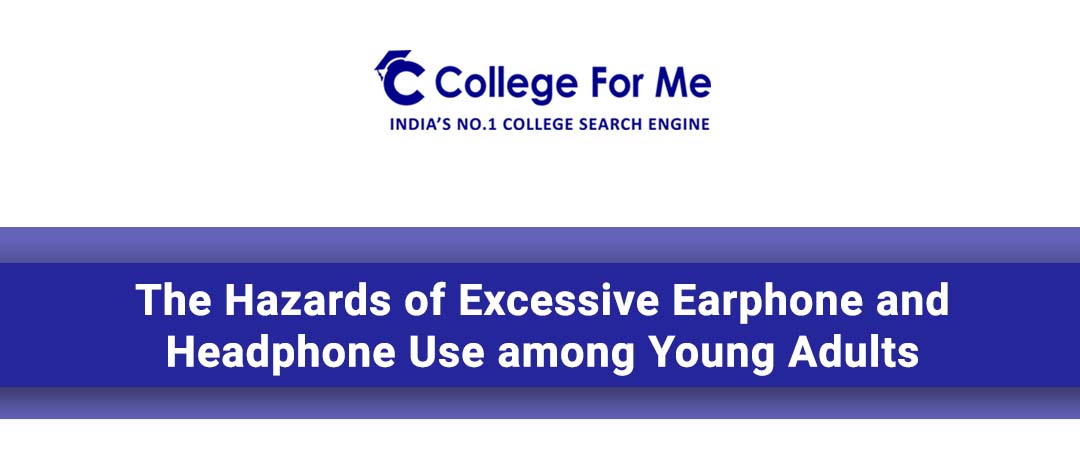Career Scopes Of A B.Tech. Student
There is a high demand for B.Tech. degree holders in the private sector, yet, there is also the opti...

In recent years, the use of earphones and headphones has become increasingly prevalent among young adults. While these devices provide convenience and entertainment, excessive and prolonged use can lead to various disadvantages and potential health issues.
This blog aims to shed light on the risks associated with excessive earphone and headphone use, the potential diseases that can occur, and provide practical tips for young adults to avoid these health hazards.
Disadvantages of Excessive Use:
Prevention and Healthy Habits:
Conclusion:
While earphones and headphones have undoubtedly revolutionized the way we consume audio content, their excessive and prolonged use among young adults comes with potential risks. By being aware of the disadvantages associated with excessive use and adopting healthy habits, young adults can safeguard their hearing and overall well-being. Striking a balance between personal audio experiences and social interactions is crucial for maintaining a healthy and fulfilling lifestyle.

There is a high demand for B.Tech. degree holders in the private sector, yet, there is also the opti...

If you are looking for a bright and prospective career, then getting a B.Tech. in CSE must be under ...
Comments (0)